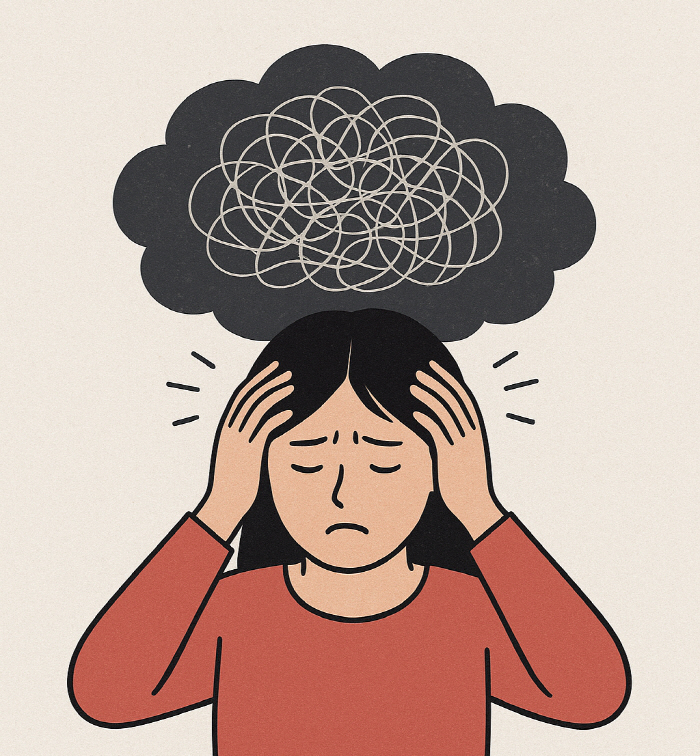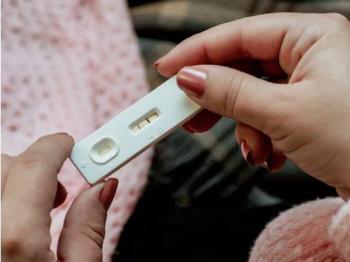How is vases different from depression...A Korean research team identifies psychopathological clinical characteristics scientifically
Nov 04, 2025
|
Heat builds up in the body due to stress and emotional suppression that have not been resolved for a long time, and it is accompanied by mental symptoms such as anger, insomnia, depression, and difficulty in interpersonal relationships, as well as physical symptoms such as fever, flushing, headache, chest tightness, and shortness of breath.
Until now, it has been recognized as an unclear syndrome that only appears in Korean culture because its unique pathological mechanism and psychopathological characteristics have not been clearly identified, but the incidence is also increasing recently in younger generations and foreign patients in Korea. The prevalence rate ranges from 4.2 to 13.3% and is common in middle-aged women. According to the Health Insurance Review and Assessment Service (HIRA), the number of hwa-byung patients in 2022 was 11,587.
In this regard, a research paper on the psychopathological clinical characteristics of 『Hwabyung" was recently published in the October 30 issue of the international journal 『Biofizico Social Medicine』 by a research team led by Professor Chae Han of Pusan National University Graduate School of Oriental Medicine, Professor Kim Jong-woo of Gangdong Oriental Hospital of Kyung Hee University, and Professor Lee Soo-jin of Kyungsung University's Department of Psychology.
The research team analyzed mental and physical symptoms and biological psychological profiles of 118 hwa-byung patients using 'Athological Personality Test (SPQ)', which standardized the yin-yang psychological theory of oriental medicine. The researchers identified high behavioral hypersensitivity and impulse (SPQ-B), low cognitive stiffness and pessimism (SPQ-C), and low emotional isolation and vulnerability (SPQ-E) in hwa-byung patients. In other words, vases have laid the foundation for being understood as objective clinical diseases, not just cultural symbols.
The research team predicted that the discovery of hwa-byung's unique psychopathological profile could also contribute to effective customized treatment of mental illness.
This article was translated by Naver AI translator.













